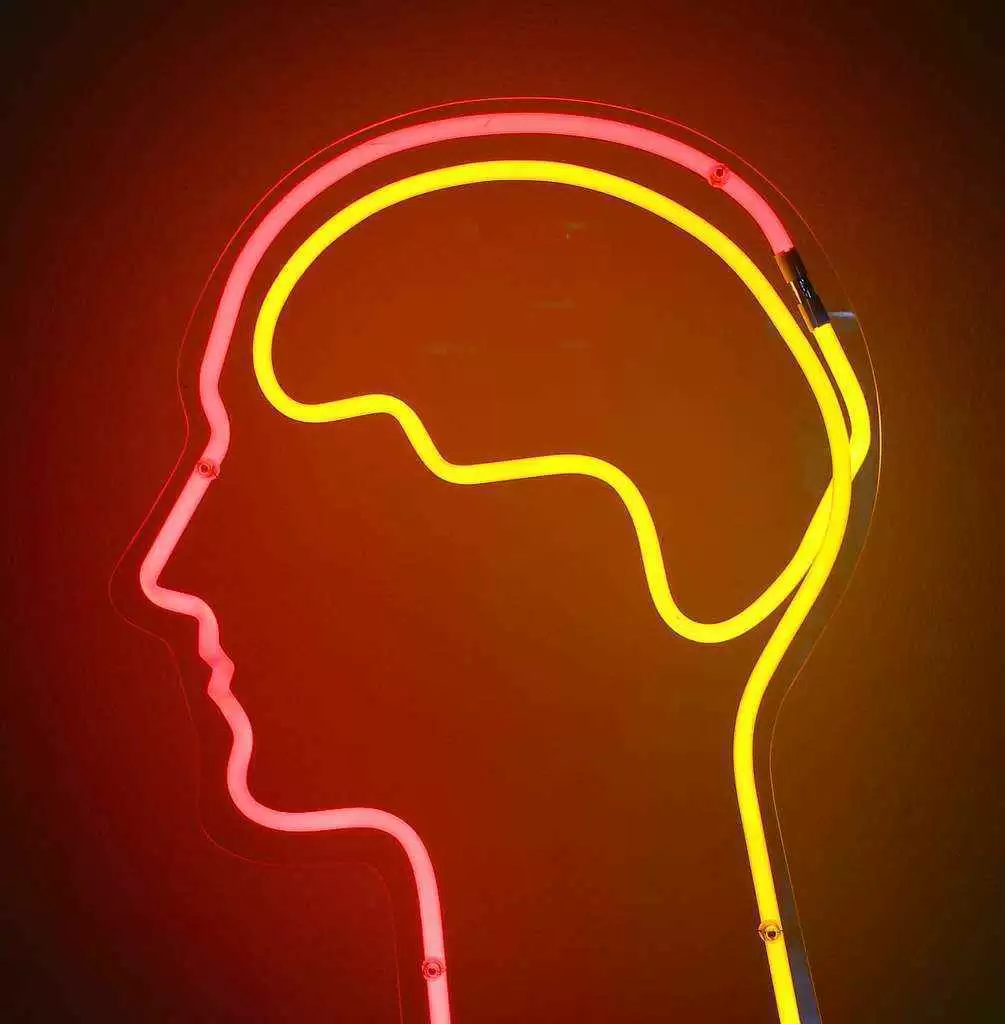
Celiac.com 01/16/2017 - Cerebellar ataxias can be caused by a wide range of disease processes, either genetic or acquired. Establishing a clear diagnosis requires a methodical approach with expert clinical evaluation and investigation.
A team of researchers recently published a description of the causes of ataxia in 1500 patients with cerebellar ataxia. The research team included M Hadjivassiliou, J Martindale, P Shanmugarajah, R A Grünewald, P G Sarrigiannis, N Beauchamp, K Garrard, R Warburton, D S Sanders, D Friend, S Duty, J Taylor, and N Hoggard.
Celiac.com Sponsor (A12):
They are variously affiliated with the Academic Department of Neurosciences, Royal Hallamshire Hospital, Sheffield Teaching Hospitals NHS Trust, Sheffield, UK; Sheffield Diagnostic Genetics Service, Sheffield Children's NHS Foundation Trust, Sheffield, UK; the Department of Gastroenterology, Royal Hallamshire Hospital, Sheffield Teaching Hospitals NHS Trust, Sheffield, UK; and the Department of Neuroradiology, Royal Hallamshire Hospital, Sheffield Teaching Hospitals NHS Trust, Sheffield, UK.
All patients in the study were referred to the Sheffield Ataxia Centre, UK, and underwent extensive examination, including, where appropriate genetic testing using next-generation sequencing (NGS).
The team followed-up patients on a 6-month basis for reassessment and further investigations, as needed.
The team assessed a total of 1500 patients over 20 years. Twenty per cent of those patients had a family history of ataxia, with the remaining having sporadic ataxia.
The most common cause of sporadic ataxia was gluten ataxia at 25%. They found a genetic cause in 156, or 13% of sporadic cases, with alcohol excess causing 12% and a cerebellar variant of multiple system atrophy causing 11% of sporadic cases.
Using NGS, they obtained positive results in 32% of 146 patients tested. The most common ataxia they found was EA2. A total of 57% of all familial ataxias were supported by genetic diagnosis. The most common genetic ataxias were Friedreich's ataxia (22%), SCA6 (14%), EA2 (13%), SPG7 (10%) and mitochondrial disease (10%).
The diagnostic yield following attendance at the Sheffield Ataxia Centre was 63%. Immune-mediated ataxias are common. Advances in genetic testing have significantly improved the diagnostic yield of patients suspected of having a genetic ataxia.
Making a diagnosis of the cause of ataxia is essential due to potential therapeutic interventions for immune and some genetic ataxias.
Gluten is a culprit is 25% of sporadic ataxia cases, and clinicians should keep this in mind when diagnosing patients, as many of these cases can be reversed with a gluten-free diet.
Source:






Recommended Comments
Create an account or sign in to comment
You need to be a member in order to leave a comment
Create an account
Sign up for a new account in our community. It's easy!
Register a new accountSign in
Already have an account? Sign in here.
Sign In Now